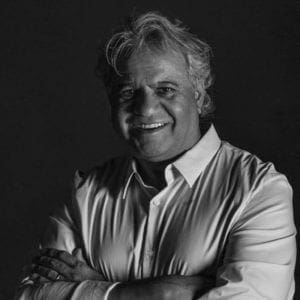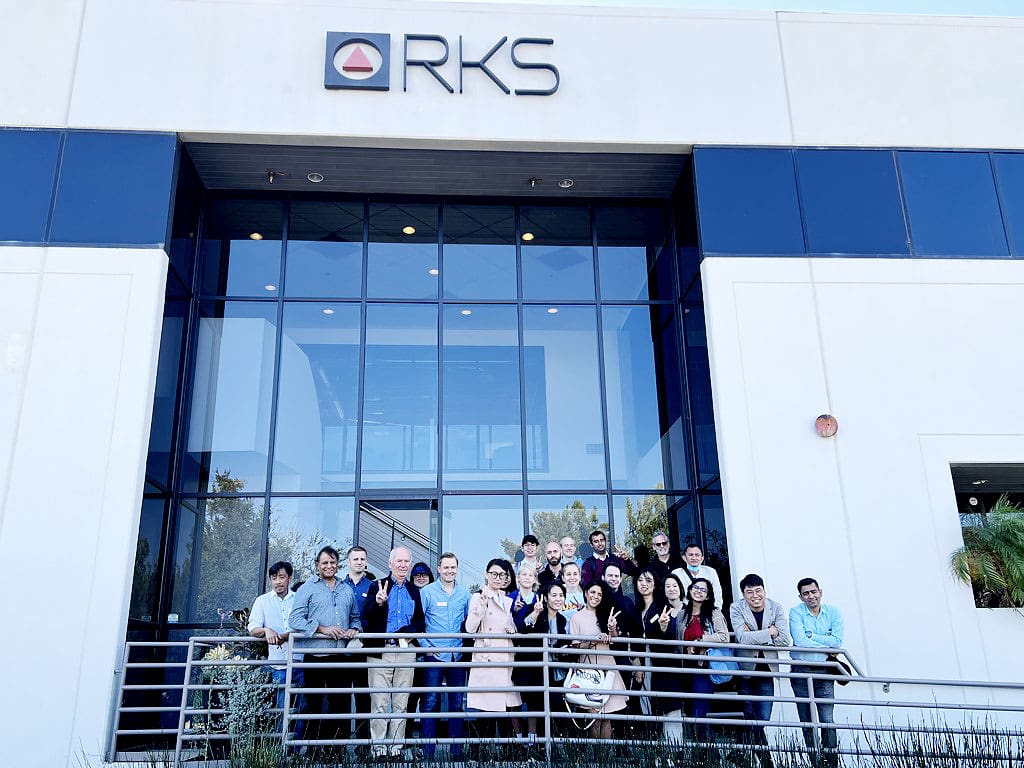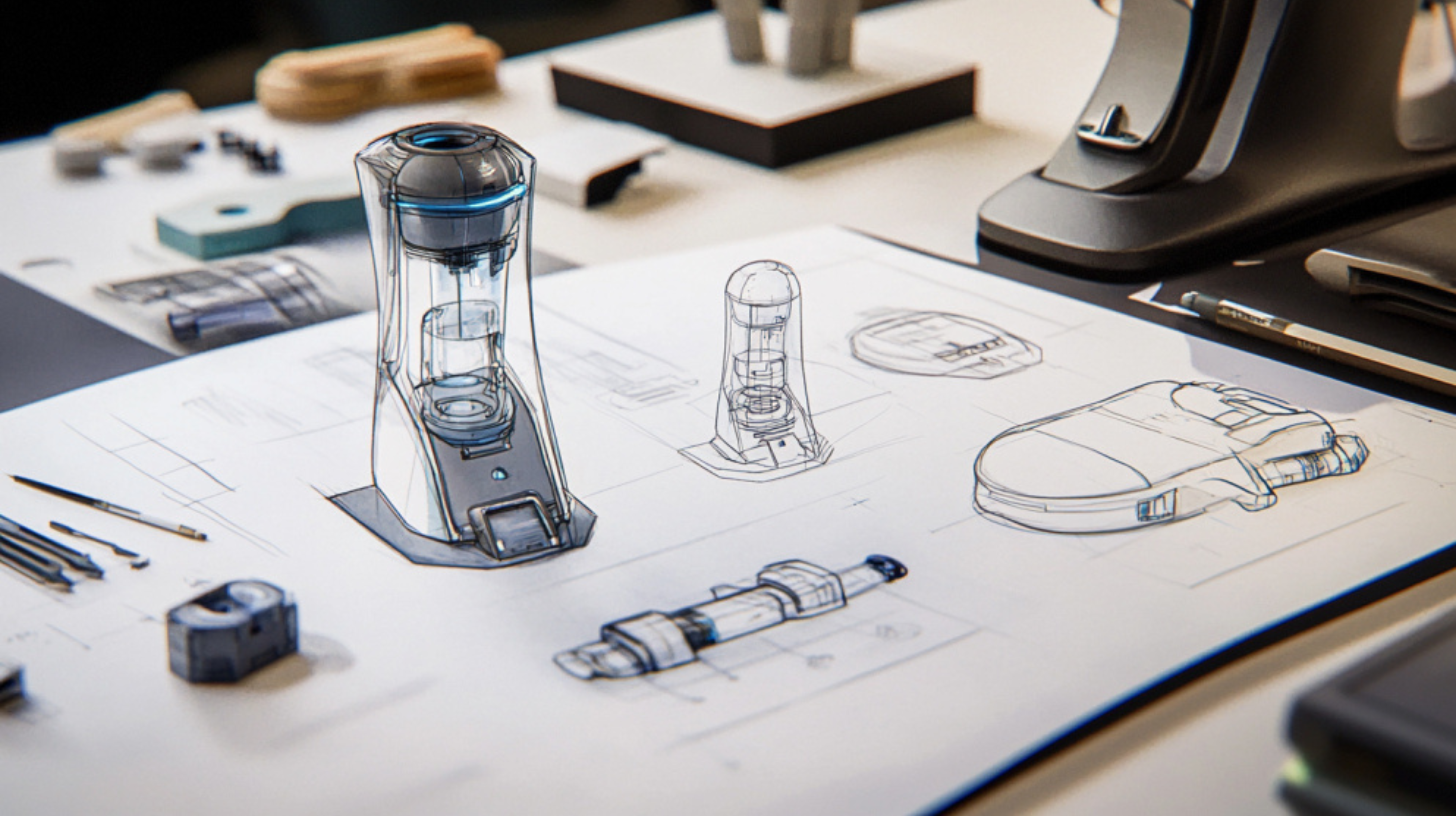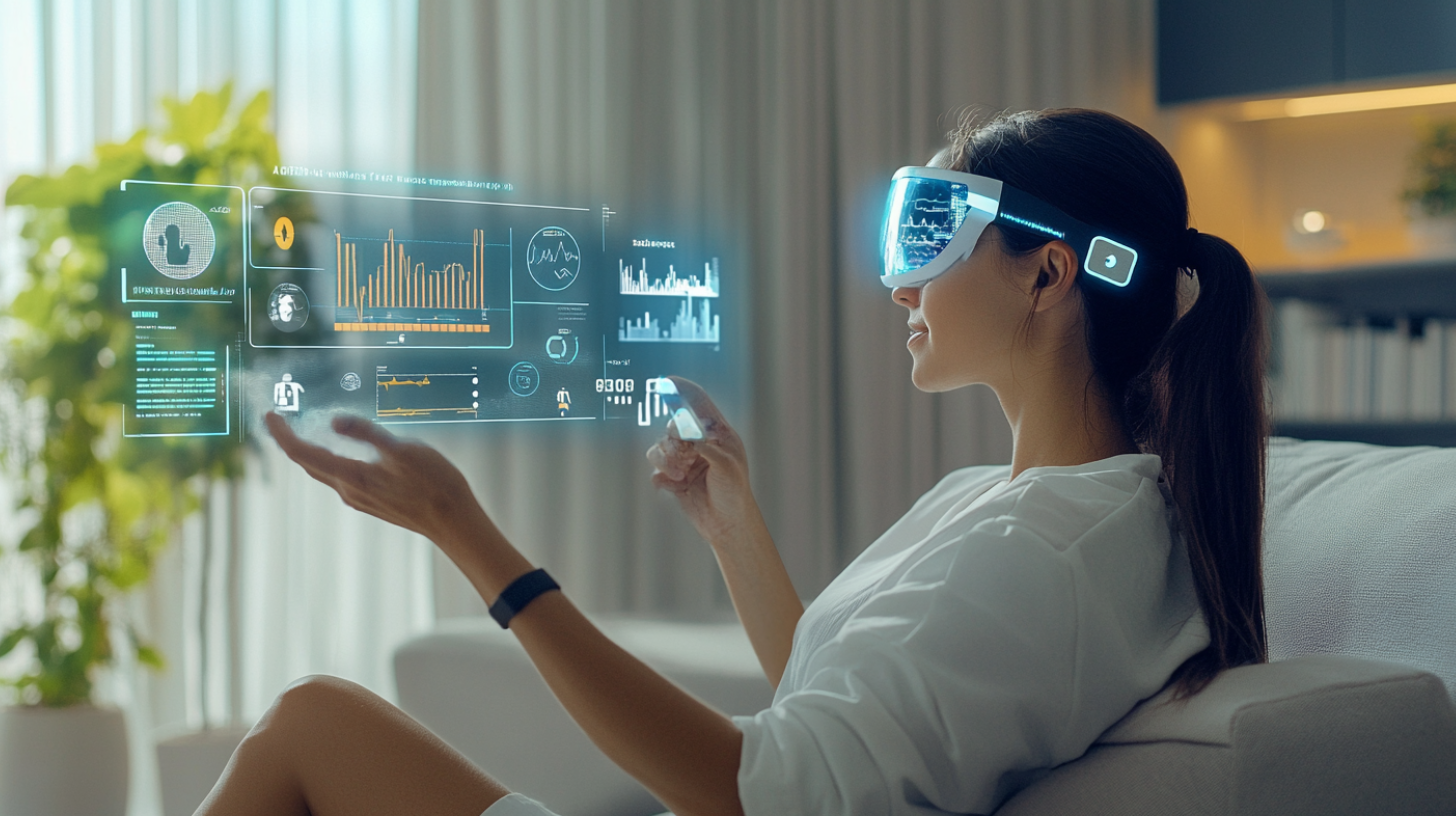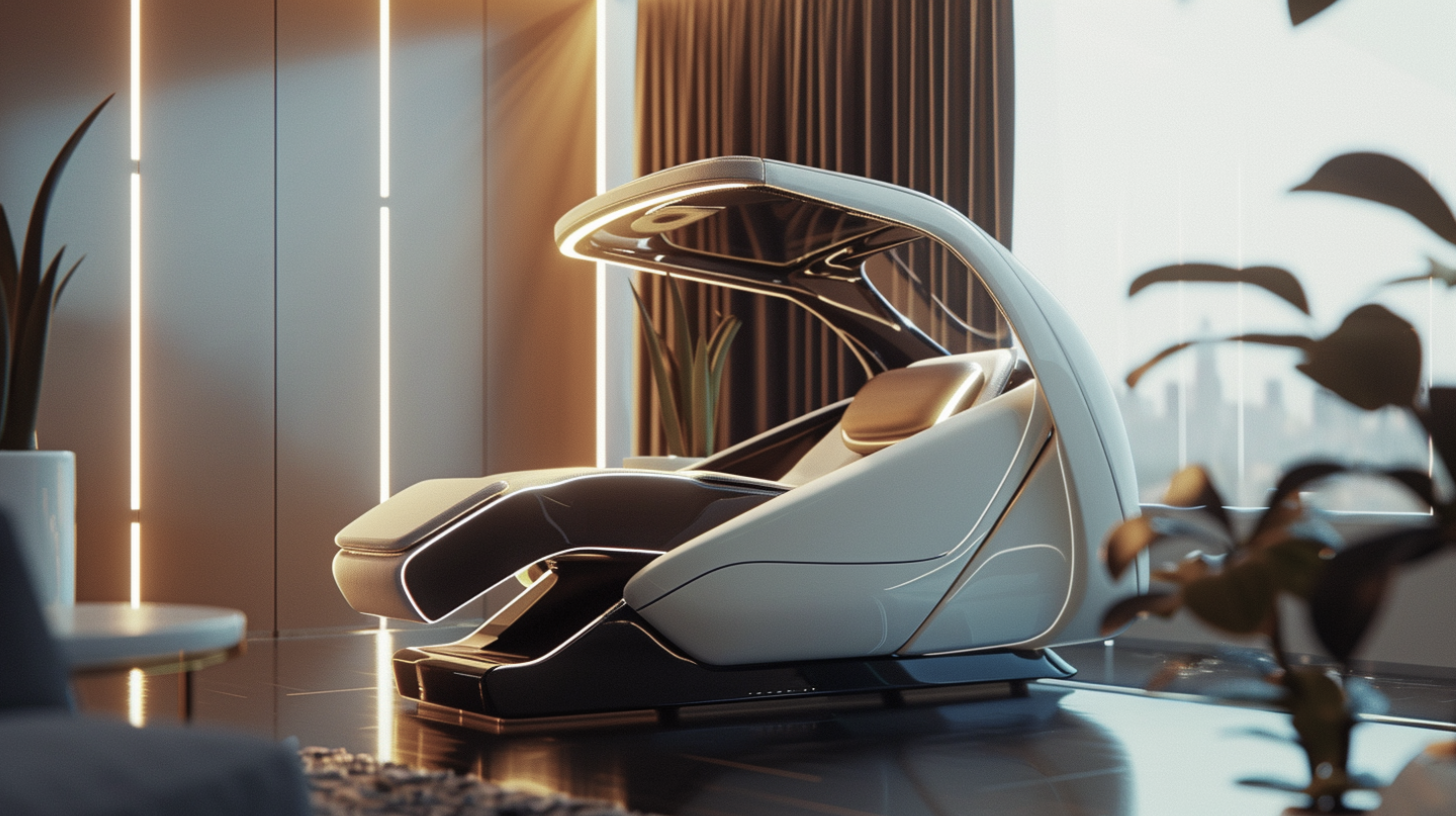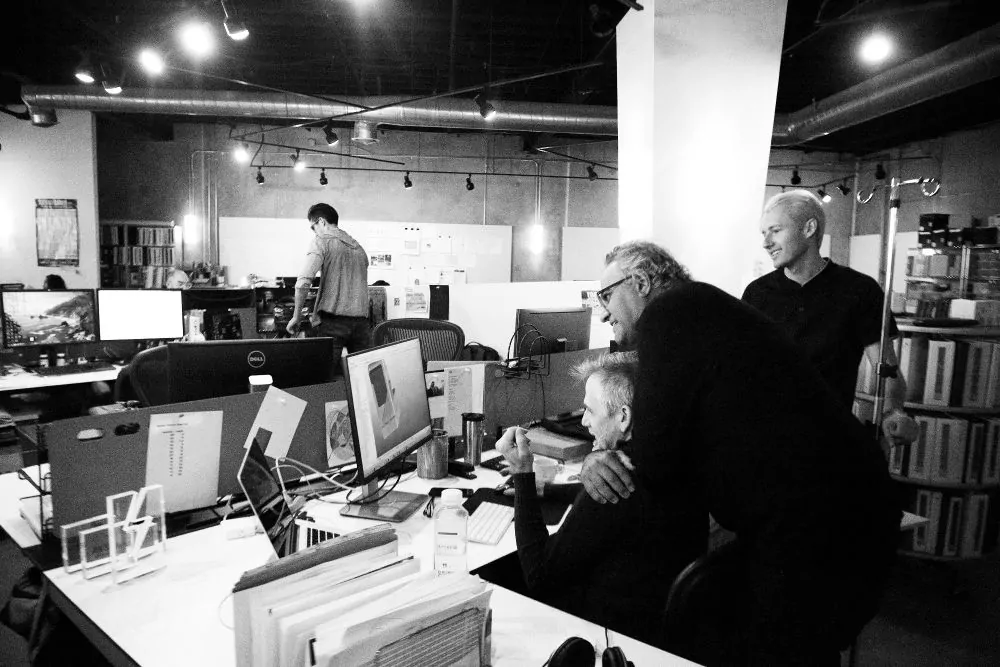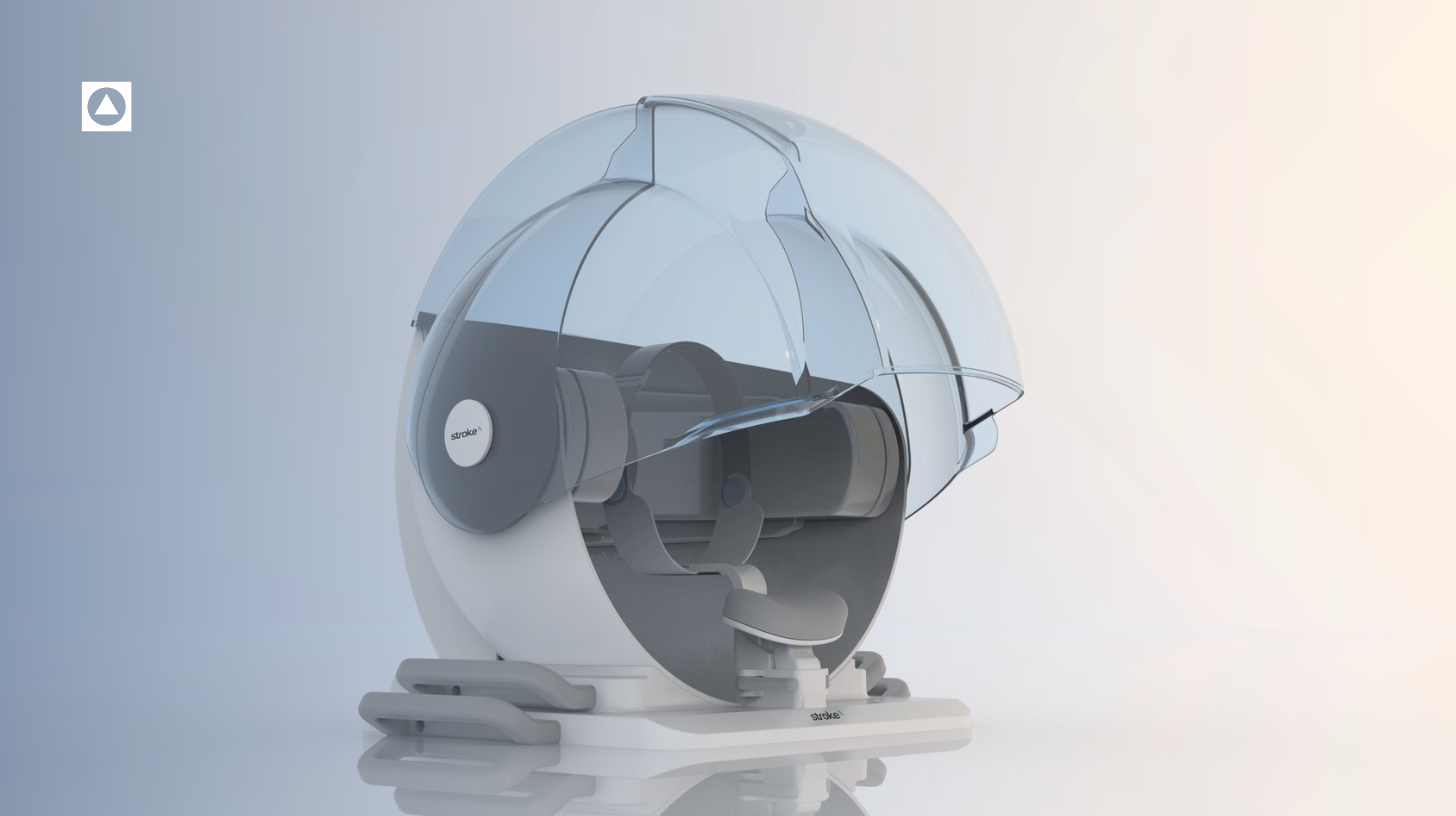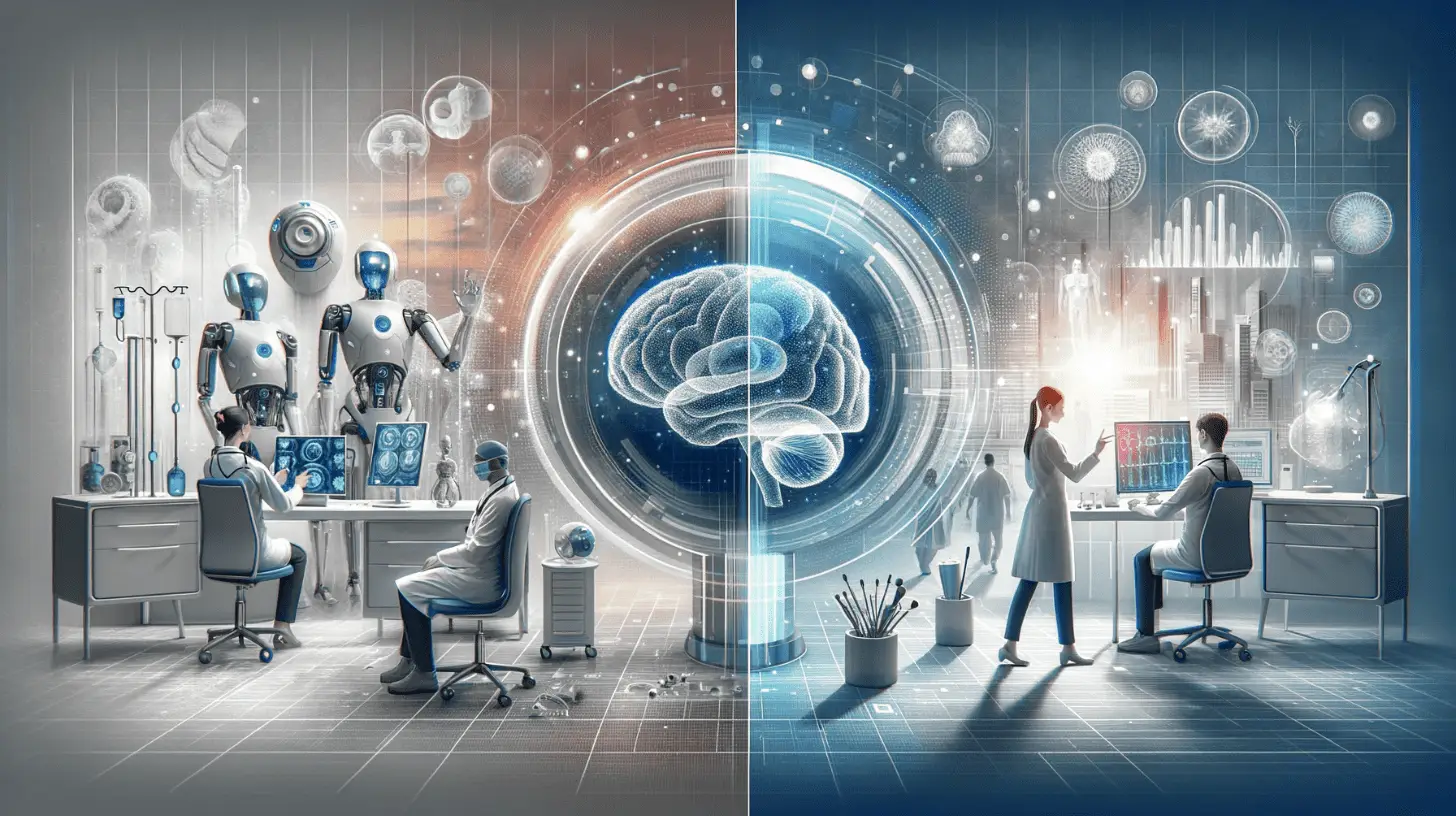RKS Team Teaches Psycho-Aesthetics to USC Executive MBAs
The University of Southern California Executive MBA Program equipped 72 rising executives from across the globe with a new perspective for developing and implementing innovation in their organizations. The class of 72 was diverse, representing 15 nationalities, and came from a wide range of industries, including entertainment, retail, technology, pharmaceutical, and more. Each student came to the workshop looking for tools to increase their competitive positioning and understand how to enhance their cultures of innovation. All mid-career executives there were some entrepreneurs, and all of the executives had already been in their respective positions for many years.
By learning P/A these USC MBAs learned the tools of human-centered design-thinking to reinvent business models, build customer relationships, and create breakthrough products. They now have a teachable and repeatable framework for enhancing their cultures of innovation in their companies. The result is that they’ll be able to better create bold, innovative, and human-centered designs that help people live better lives.
Day 1: Onsite at USC
On Day 1 of the two-day experience, the executive education team at the USC Marshall School of Business hosted an on-campus design-thinking workshop. During the seven-hour session, RKS executives and designers coached the MBA students through an exercise designed to teach them Psycho-Aesthetics. The executives were given a challenge: to develop a collaboration solution around innovative technologies like chatbots. In groups of 10, the executives worked through the P/A methodology to research, synthesize, and design a product solution that they would present to their classmates.
Day 2: RKS Visit
On Day 2 of the two-day experience, the RKS team welcomed the USC Executive MBA students to the RKS studio. The executives were given a tour of the design space and the workshop, including our on-site CNC and prototyping machinery. After giving the tour, members of the RKS design team described a recent project, describing in detail how RKS’ uses our own methodology on our own projects.
Lessons Learned
The USC Executive MBAs came away from the two-day workshop with some key lessons learned. At its core, Psycho-Aesthetics is a unique human-centered design-thinking methodology that uncovers hidden human needs and unearths creative solutions that revolutionize industries. Core to the methodology are three key principles:
Look from emotional needs: Focus on the “why” behind the “what”. Human-centered design-thinking through P/A guides you toward core human needs and how to design around them. You need to focus on understanding the emotional responses of your target users, communicating effectively, developing a relationship, and improving the quality of their lives.
Design for rational needs: Design thinking creates a step-by-step process for creative brainstorming and analysis of the problem. You’re able to clearly define problems and user needs. A combination of curiosity, empathy, and curiosity helps you to make sense of the problems and form ideas on the best way to meet them. You’ll need to create clear goals and objectives to help you understand where to go next.
Complete the Hero’s Journey: Putting the user on the hero’s journey is a predictable way to create products that users adopt and ultimately evangelize. By setting a user on the Hero’s journey through emotional triggers, designing around ration needs, can turn your consumers into the ultimate marketing tools. The user fundamentally ask three questions: “Is it like me?”, “Does it like me?”, and “Can it make me more?”. Designing a product that gets users to answer yes to all three is a recipe for creating incredible products and services.
How to Put Theory into Practice
Psycho-Aesthetics is a framework for a human-centered design process designed to be conducted in an empirical, explanatory, and predictive way. An explanatory method focuses on uncovering the challenges that confront our organizations and how they can be overcome. Bringing P/A into an organization requires planning and purpose. P/A Workshops are one of the best tools to accomplish this.
“Psycho-Aesthetics is not only an approach to analyzing the human psyche but also to better understand what drives human behavior. It is this understanding of the human psyche that is the key to innovation and successful business strategies,” said Ravi Sawhney, RKS Founder, and CEO. “By understanding the human psyche and implementing ideas through human-centered design thinking, these executives can not only transform their own business units but also have a tangible impact on their organizations. They now have a practical and repeatable mindset for enhancing and driving innovation in their organizations.”
